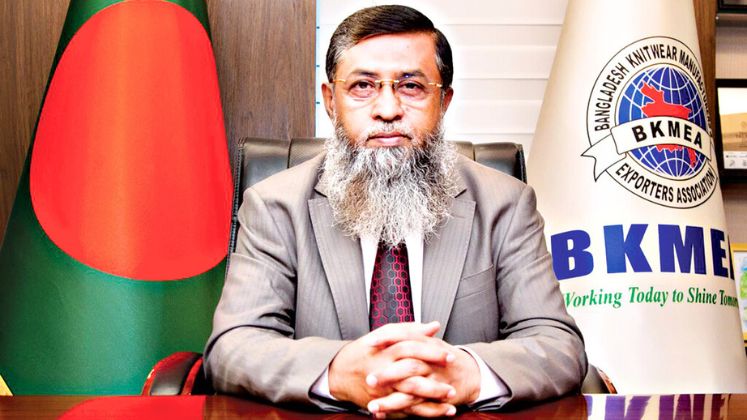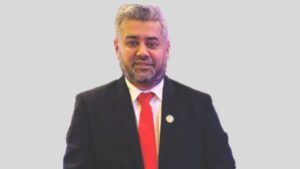
Bangladesh Knitwear Manufacturers and Exporters Association (BKMEA) President Mohammad Hatem has proposed that the government allocate Taka 550 crore to facilitate liquefied natural gas (LNG) imports, aiming to mitigate ongoing gas shortages affecting the country’s garment and textile industries.
Hatem revealed that industrialists advised Petrobangla and Titas to establish a mechanism allowing industries to pay Taka 550 crore for a single LNG container or Taka 1,100 crore for two containers in advance, with gas supply exclusively for industrial use. He emphasized the necessity of strict measures to prevent system loss, which has decreased from around 13 per cent to 10 per cent recently, indicating that the authorities have the capacity to eliminate system inefficiencies swiftly.
The BKMEA leader also highlighted difficulties faced by manufacturers in opening letters of credit with banks, which hampers import activities. On the labour front, Hatem assured that BKMEA is a pro-labour organisation striving to improve workers’ facilities, with cooperation from workers, unions, and labour leaders. However, he warned of infiltration by miscreants masquerading as workers, who are allegedly inciting unrest and staging protests with demands that violate Bangladesh Labour Act, under the influence of vested interests.
Regarding the suspension of transshipment through India to third countries, Hatem expressed optimism, stating that such challenges open new opportunities. He cited the initiation of cargo flights from Sylhet airport at reduced costs as a potential game-changer for cargo transport, urging government support for proper management.
On the diplomatic front, Hatem called for urgent action from the government to address the 90-day tariff pause imposed by the United States, warning that this is not a sustainable solution. He urged the government to engage diplomatically to prevent future complications and recommended structural reforms at the National Board of Revenue to simplify taxation and remove non-tariff barriers. He also suggested increasing imports of cotton, soybeans, and other products from the US to help balance trade and reduce vulnerability.
Expressing concern over the potential shift of work orders to Bangladesh due to the US tariffs, Hatem urged swift government intervention within the limited timeframe. For the upcoming budget year 2025-26, he advocated for the removal of tariffs on solar system equipment to promote sustainable manufacturing and urged resolution of taxation complexities.
Furthermore, Hatem highlighted unresolved dues from Russian buyers in the RMG sector and the payments Bangladesh owes Russia for the Rooppur Nuclear Power Plant. He called on the government to pursue mechanisms such as barter systems or diplomatic efforts to recover outstanding payments and facilitate smoother financial transactions with Russia.






